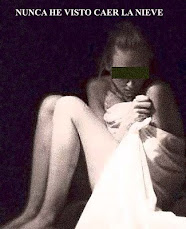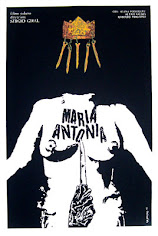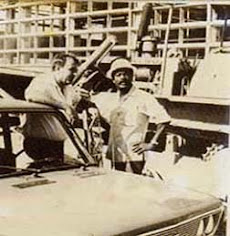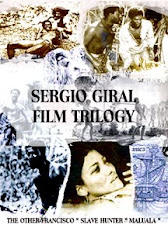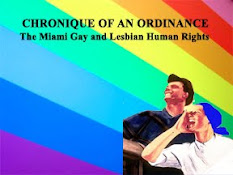THE DISSIDENT MOVEMENTS AND THE RESOURCES TO THE METHOD.
For more than a lustrum the Castro regime has generated a
consistent opponent dissident movement, many of its members have been killed in
front of the firing squad and their names have remained anonymous; others have
suffered imprisonment and abuse for decades. Each new opposition voice has been
stifled and repressed behind the bars of a jail or beating, spitted and dragged
through the streets of the cities. These men and women who have paid the price
of rebellion have a name and a story.
Pedro Luis Boitel Abraham, prisoner of conscience who held a hunger
strike to protest the mistreatment received in the capital's prison El Castillo
del Principe. Boitel was denied medical care despite personalities from exile
and human rights organizations sent cables to the Human Rights Commission of
the UN and the International Red Cross so that saved his life. His immolation
concluded 53 days after he began their protest. It was the death that put an
end on 24 May 1972.
On
March 15, 1990, Jorge Luis Garcia Perez aka Antúnez, made a political harangue
against the interests of the people and the state, demanding reforms like those
made in Eastern Europe. Antunez was arrested by members of the National Police
and taken to the Department of State Security where he was instructed on enemy
propaganda and sent to prison on June 15, 1990. Under physical and mental
torture Antunez did not abandon his ideal and continued to advocate for the
cessation of persecution and imprisonment of human rights activists and the
urgent process of radical political and social reforms. Antunez was released in
April 2007 after 17 years and 38 days of political imprisonment.
During
the Black Spring in 2003, the Cuban government arrested 75 human rights
defenders and independent journalists accusing them of "acts against the
independence or the territorial integrity of the state, illegal organizations
accepting money from the United States Interest Section in Havana and of
terrorist activities. Orlando Zapata Tamayo, a Cuban
Mason and member of the Alternative Republican
Movement National Civic Resistance Committee, was one of activists arrested and
sentenced to three years for contempt, public disorder and later increased to
36 years convicted of acts of defiance in prison. He stopped eating foods on
December 3 to protest against the repeated beatings he suffered by guards and
other abuses. On February 2010, he
died in prison after fasting for more than 80 days.
Dr.
Oscar Elias Biscet, a physician president of of the Lawton Foundation for Human Rights is one of the 75 dissidents
imprisoned in 2003 by the Cuban authorities.. Biscet was violently arrested and
beaten while discussing a petition of Human Rights with 16 other dissidents,
condemned to 25 years sentence for "counter-revolutionary activities"
and being kept in an infrahuman prison cell and finally freed in 2011. From 2005 to today, 97 documented deaths
of prisoners in Cuba have resulted from hunger strike, killings by guards,
alleged suicides, and lack of medical care in protest of prison conditions
under the Castro regime.
Guillermo
Fariñas, an independent journalist who has been involved in a peaceful campaign
for freedom of expression in Cuba, started a hunger strike that lasted 4 months
calling for the release of prisoners of conscience. Fariñas was awarded the
Andrei Sakharov Prize for Freedom of Thought by the European Parliament.
Ladies in White are spouses, mothers and daughters of those
men and women who have been arrested for exerting the freedom of expression and
to obtain the Human Righs in Cuba. For their political integrity Ladies in
White were awarded the Sakharov Prize for Freedom of thought in 2005. Opposite
to this recognition mobs have attacked the Ladies in White, yelling insults at
them and assisting the police to throw them into police buses. Laura Pollán who
founded the dissident group after her husband was jailed in a 2003, died on
2011. Berta Soler substituted Pollan in the leading of this courageous
movement.
Many are the resources to the method, many slogans and new voices
are rising with righteous demands to achieve the Humans Rights, but do not to relegate
these pages of value enrolling the names of brave Cubans who have sacrificed
their freedom and their lives and those who continue fighting for human rights
and democracy in Cuba.




